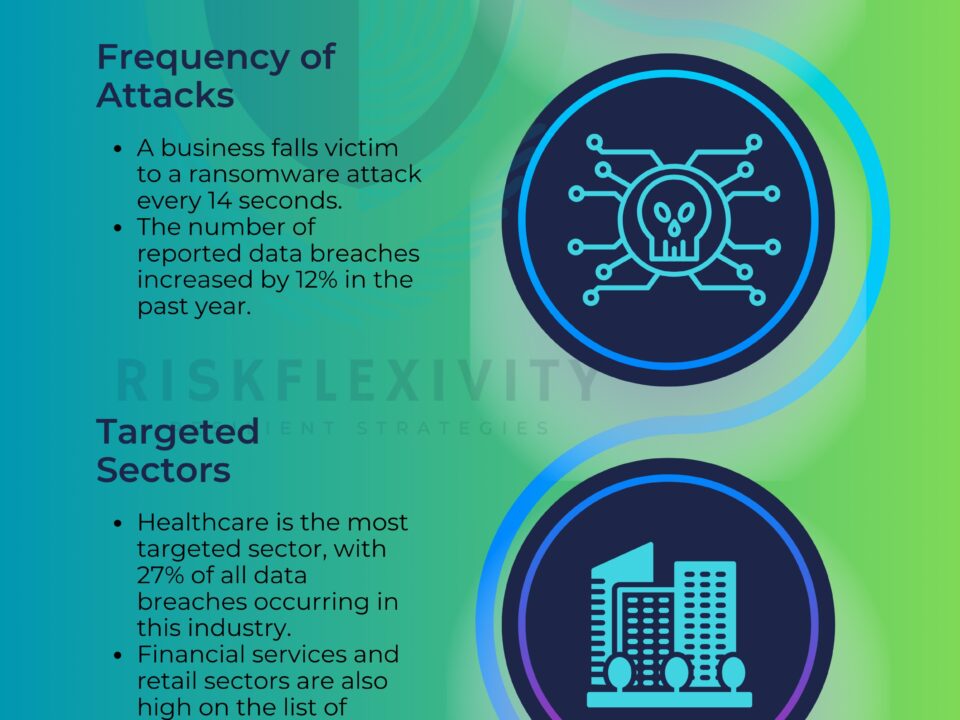
Data Breaches Risk Infographic
20 March 2024From Europe to Australia: Key AML Regulations in 2024
In the global fight against money laundering, 2024 signals significant regulatory shifts that promise to reshape the landscape of financial crime prevention. As nations strengthen their anti-money laundering (AML) frameworks, organizations must adapt to meet new compliance standards. Here's a brief overview of the pivotal AML regulations set to take effect this year and their potential impact on the financial sector.
 EU's Comprehensive AML Package
EU's Comprehensive AML Package
The European Union is spearheading efforts with a comprehensive AML package aimed at strengthening the bloc's defenses against illicit financial activities. This package, comprising regulations and directives, seeks to harmonize AML measures across member states while addressing vulnerabilities exploited by criminals. With stringent reporting requirements and expanded coverage of obliged entities, including crypto-asset service providers and high-risk sectors like luxury goods and professional football, the EU is tightening its grip on financial crime.
Question for organisations' to ask:
How can we enhance our due diligence processes to align with the expanded list of obliged entities?
Corporate Transparency Act (US)
In the United States, the Corporate Transparency Act has ushered in a new era of beneficial ownership transparency. By mandating firms to disclose beneficial ownership information to the government, the Act aims to curb anonymous shell companies often used to launder money. Non-compliance carries hefty penalties, signaling a robust stance against financial opacity.
Questions for organisations' to ask:
What steps are necessary to ensure compliance with the Corporate Transparency Act, and how can we streamline the reporting process?
Economic Crime Plan 2 (UK)
The United Kingdom's Economic Crime Plan 2 intensifies efforts to combat money laundering and related offenses. With a focus on law enforcement resources, information sharing, and technology upgrades, the UK is enhancing its capacity to detect and prosecute financial crimes. The plan's holistic approach encompasses asset recovery, sanctions evasion prevention, and bolstering regulatory frameworks.
Question for organisations' to ask:
How can we leverage technology and collaborative partnerships to strengthen our anti-money laundering initiatives in line with the Economic Crime Plan 2?
Tranche 2 Reforms (Australia)
Australia is gearing up for Tranche 2 reforms to fortify its AML/CFT regime and evade inclusion on the FATF grey list. These reforms, targeting sectors like legal services, real estate, and gambling, aim to enhance regulatory oversight and streamline compliance obligations. Recommendations underscore the importance of gatekeeper regulation, technological innovation, and robust enforcement mechanisms.
Question for organisations' to ask:
What strategies can we implement to adapt to forthcoming Tranche 2 reforms and bolster our risk management practices?
AI Regulations (G7)
The G7's focus on AI regulations highlights the pivotal role of technology in combating financial crime. With international efforts to develop ethical AI frameworks and promote responsible innovation, regulators are prepared to address emerging risks in AML/CFT. As legislative proposals take shape worldwide, organizations must anticipate evolving compliance requirements and embrace AI-driven solutions.
Question for organisations' to ask:
How can we integrate AI technologies responsibly to enhance our AML compliance capabilities while mitigating associated risks?
In conclusion, 2024 signals a turning point in the fight against financial crime, with regulatory reforms spanning continents and industries. Organizations must proactively adapt to these changes, leveraging technology, collaboration, and robust risk management strategies to safeguard against illicit financial activities. By embracing transparency, innovation, and regulatory compliance, the financial sector can navigate the evolving landscape of AML with resilience and integrity.



